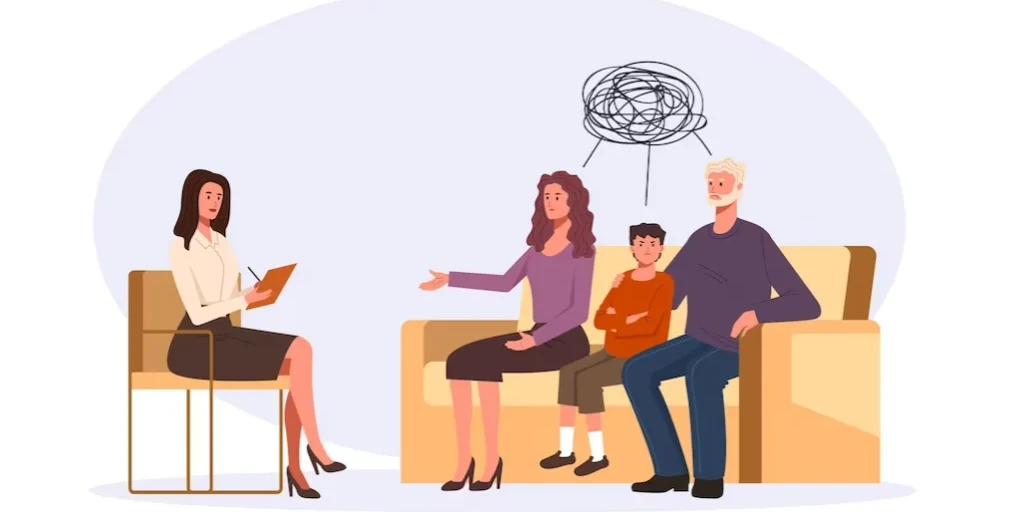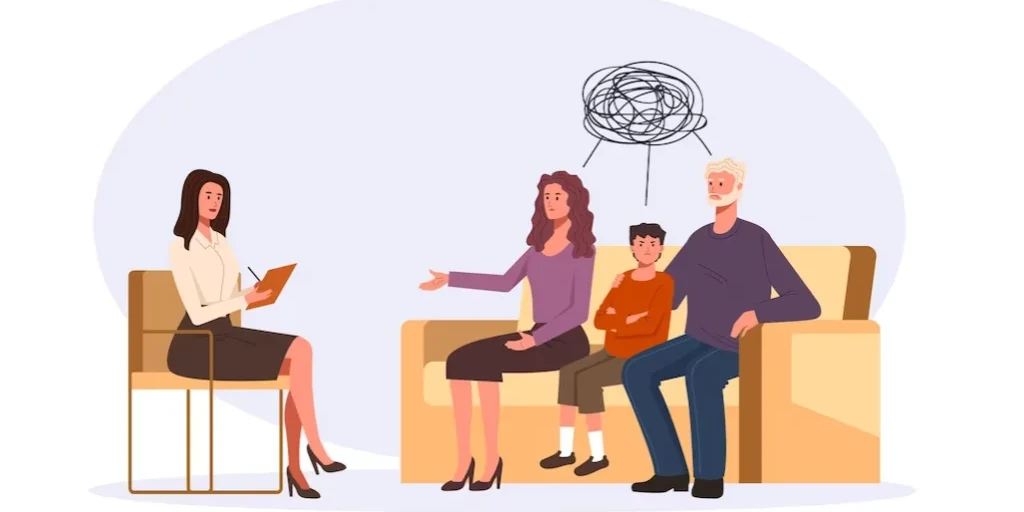Rehab centers in Hightstown, New Jersey, offer a broad spectrum of treatment options designed to address various forms of addiction. These facilities cater to individuals struggling with substance use disorders, including alcohol addiction, prescription drug abuse, and illicit drug use such as heroin, cocaine, and methamphetamine. Each type of addiction is treated with a tailored approach, as the underlying causes and behaviors associated with different substances can vary significantly. Additionally, many centers also offer support for co-occurring disorders, which may include mental health issues like anxiety, depression, or PTSD, often exacerbating substance use difficulties. This comprehensive treatment ensures that patients not only address their addiction but also any psychological underlying conditions, fostering a stable recovery environment. Furthermore, rehab centers prioritize an individualized treatment approach, assessing each person’s specific history, substance use patterns, and personal needs to create a personalized recovery plan. This flexibility facilitates a better chance for long-term success, as treatment modalities may include cognitive behavioral therapy, group therapy, holistic treatments, and medication-assisted therapy, depending on the individual's case.


































































































































































































